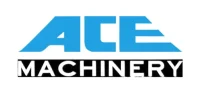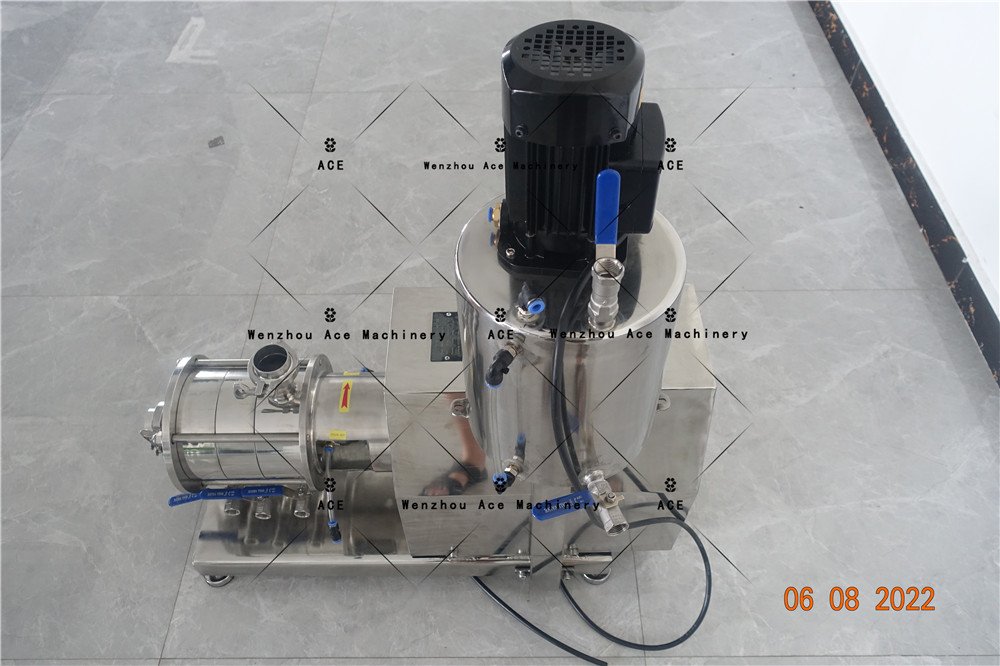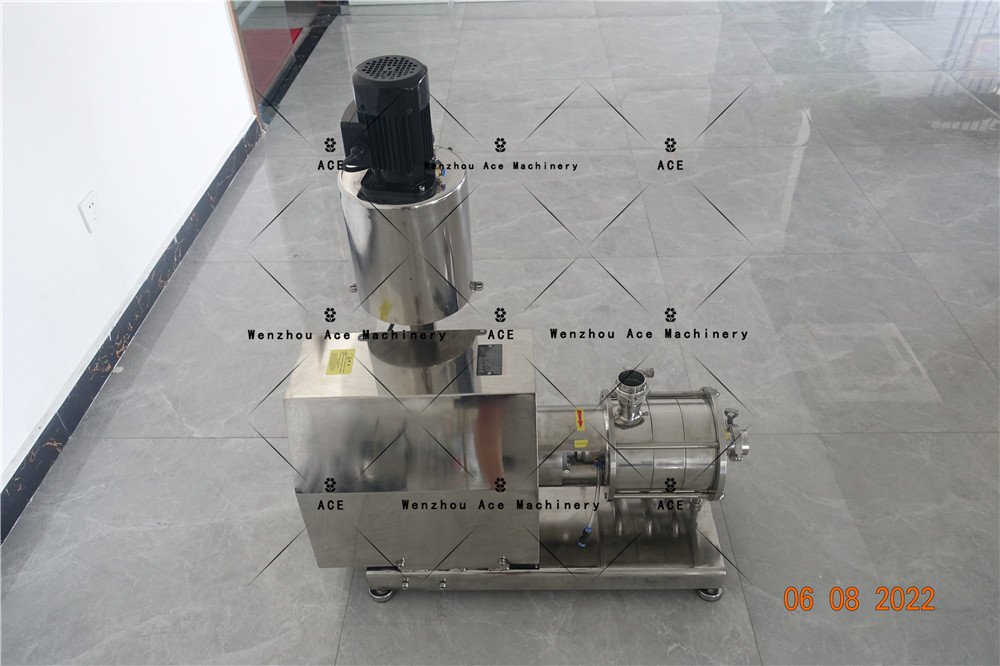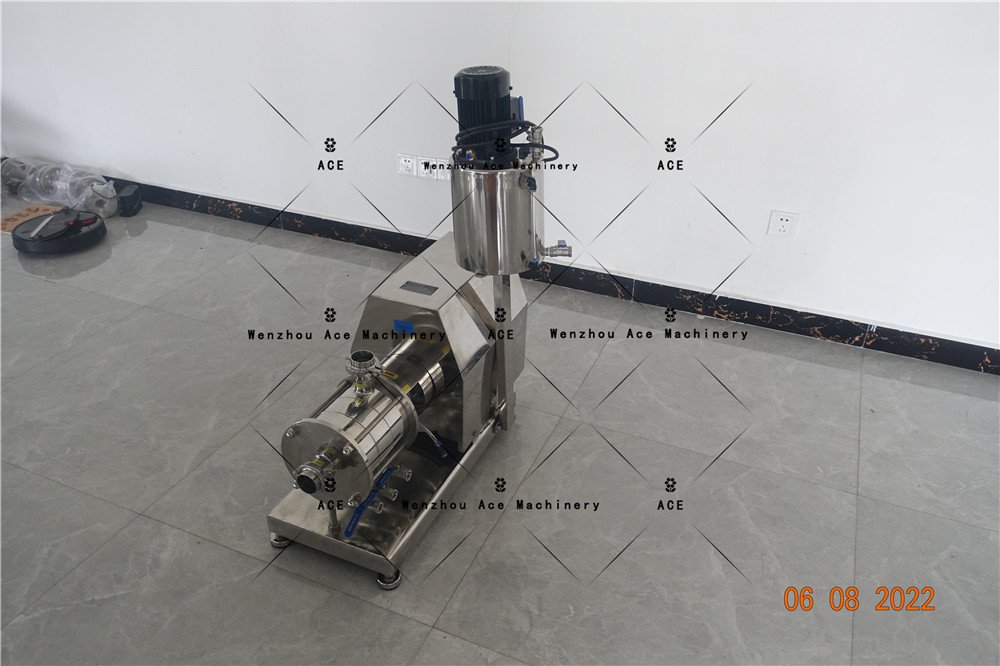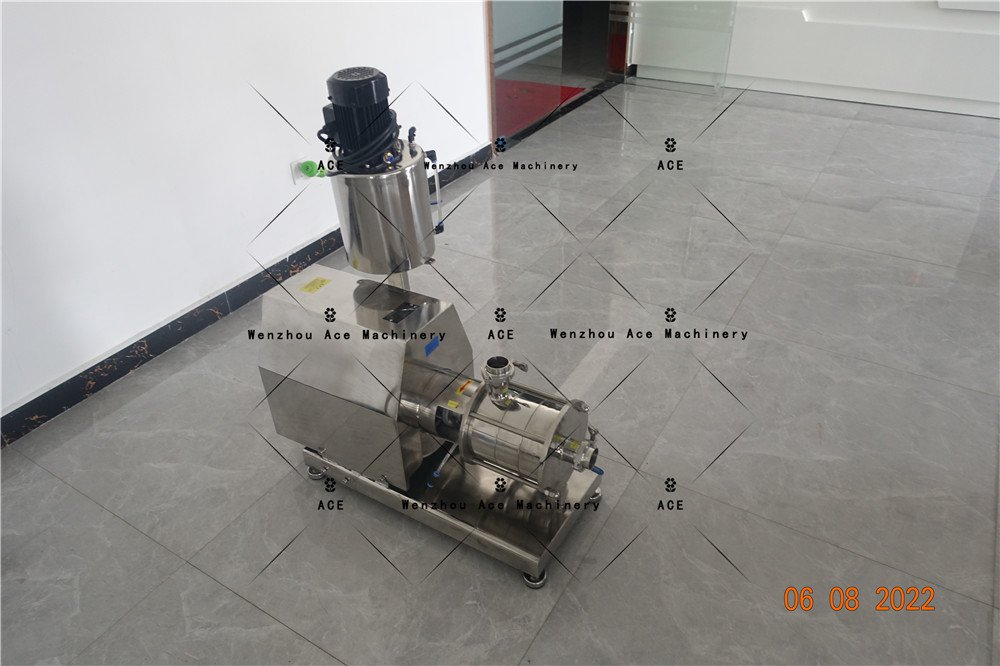Key Specifications of In Line Mixer
In line mixers have a range of voltage and power specifications in order to suit various industrial needs. The following specifications summarize the power options available for such mixers:
- Voltage Range: They are accessible from 110V to 600V so that different pieces of industrial power supply standards are satisfied.
- Power Options: Ranges from 0.75KW to 55KW, meaning the mixer can either be used for small scale jobs or heavy-duty work.
In this case, the in line mixer can effectively serve a wide range of production energy requirements, making it an efficient and effective option when mixing is required for various projects.
In Line Mixers’ Versatile Applications
In line mixers stand out as adaptable units and can find their application in different industries due to their capabilities in processing diverse liquid types and liquid with varying viscosities. The below presented are some usages:
- Food and Beverage Industry
In the food industry, inline mixers assist in emulsifying sauces, homogenizing dairy products, and blending drinks. They take care of the constant texture and flavor, and as they have a hygienic design structure, their use in food manufacturing processes is quite convenient.
- Pharmaceuticals
The pharmaceutical industry integrates inline mixers into its processes when it embarks on mixing ingredients in the cooking of creams, lotions, and gels. They assist in maintaining the purity and homogeneity required in such sellable medical products to ensure all produced batches are up to the preset level in quality controls.
- Cosmetics
The Inline Mixers on the other hand are commonly used in the preparation of lotions, shampoos and conditioners in the cosmetic industry. These emulsions are rendered stable by the precision mixing whereby even on prolonged storage, the emulsions do not separate and thus, product shelf life is enhanced.
- Chemical Processing
The chemical industries employ in line mixers to safely and efficiently blend, mix, or incorporate hazardous or viscous chemicals. Incorporating abrasive or corrosive materials in such mixers is more reliable than any other mix which is specially engineered to ensure a successful mixing of complex chemical reactions.
- Water Treatment
In line mixers are used in water treatment plants to maintain a well-distributed incorporation of chlorine, ozone for disinfection processes as well as effectively in the pH adjusting or the coagulation processes of water treatment. With this, water supply quality is assured and the risks of under or over treatment do not arise.
Some Benefits of Using an In Line Mixer
There are advantages of using in line mixer for in line mixing systems including the following as compared to using traditional batch mixing.
- Continuous Mixing: The mixing occurs as these inline mixers are constantly in operation whenever product passes through pipes.
- Improved Efficiency: There is lesser manual activity involved and therefore with these types of mixers, production encases is quicker and downtime is reduced.
- Space Saving: The space requirement when using these types of in line mixers is minimal, therefore does not require large reservoirs or tanks, making it appropriate for plants with limited space.
- Cost-effectiveness: In general, each mixer is typically suitable across a variety of applications and does not require great effort in making products of different viscosities. Therefore, many processes are performed with a single mixer and the amount of mixers required for different operations is drastically reduced.
- Enhanced Product Quality: The precision of in line mixers guarantees a homogenous mixture, which would thus enhance the quality and reliability of the end product of the mixing processes.
How to Select the Right In Line Mixer
Selecting an in line mixer requires a careful selection of the most appropriate mixers, depending on the following factors during the course of usage:
- Fluid Viscosity: Different mixers are designed for differing viscosities. In the same manner, high viscosity products, for instance cream or paste, need a more powerful and with greater shear capacity mixer than other appliances.
- Power Requirements: Depending on the level of production, there is a mixer whose power will range from 0.75KW to 55KW that will be available.
- Temperature Tolerance: For processes that involve cycles of high temperatures, ensure that the parts of the mixer are able to stand up to temperature and still function efficiently.
- Corrosion Resistance: In regard to chemical industries, it is important to choose an in line mixer which is made of materials that are corrosion resistant, especially for application in aggressive chemicals.
- Installation Space: Consider the size of the space available in your premise. The advantages of an inline mixer which occupies less space should not override the expected amount of room required for access to the pipelines.
Technical Parameters
- Voltage range: 110V to 600V
- Power range: 0.75KW up to 55KW
- Flow Rates: Provided according to the precise requirements for maximum production.
- Material: Stain steel other environment friendly materials which considering use in clean or hostile chemical environments
- Speed: Controlled settings for different mixing requirements
Frequently asked questions (FAQs)
- What is the difference between in line mixers and batch mixers?
In line mixers combine ingredients in different proportions when the ingredients flow through the pipeline, so continuous mixing is exercised. Batch mixers, on the other hand, need to pause the course of events and prepare and mix / discharge each batch individually. This is one reason why in line mixers are more efficient for large scale operations.
- Can in line mixers handle high viscous products?
Yes, in line mixers can be made to work on higher power 55KW transformation wherein it can work on pastes and creams that are high viscous products
- How do I maintain an in line mixer?
Cleaning of the border is frequent and inspection is vital. It is possible to unlock several in line mixers, taking into account their construction for fast and easy cleaning and also for the purpose of more deep maintenance. In hygienic industries, it is rather the industry standard that mixers have CIP options.
- Is it good for mixing of hazardous chemicals?
Yes, in line mixers are made for precise and safe handling of such materials but rather these materials are covered with corrosion resistant materials making it very easy to manipulate the hazardous mixer.
- What should be the power output based on your requirement?
The power range accommodates the production capacity of the user and also the viscosity of the fluids being mixed. 0.75KW would be enough for lighter liquids, but for higher viscosity products 55KW would be required.
- Would it require re-installation of the entire production line?
Yes, in line mixers are easily integrated into existing production plants with slight modification, therefore they do not require re-installation.
Contact Us Today!
An inline mixer works perfectly for any production process, If you value time and work reliability, it is exactly what your firm needs. With an internal design that can fit panels from 110V to 600V and power output from 0.75KW to 55KW, we will find you the right mixer for your application.
Get in touch with us now to hear all the information you need about our inline mixers and how they will be beneficial, to your production process. Our professionals are at the ready to help you make the choice of the most suitable model to fit your requirements!
